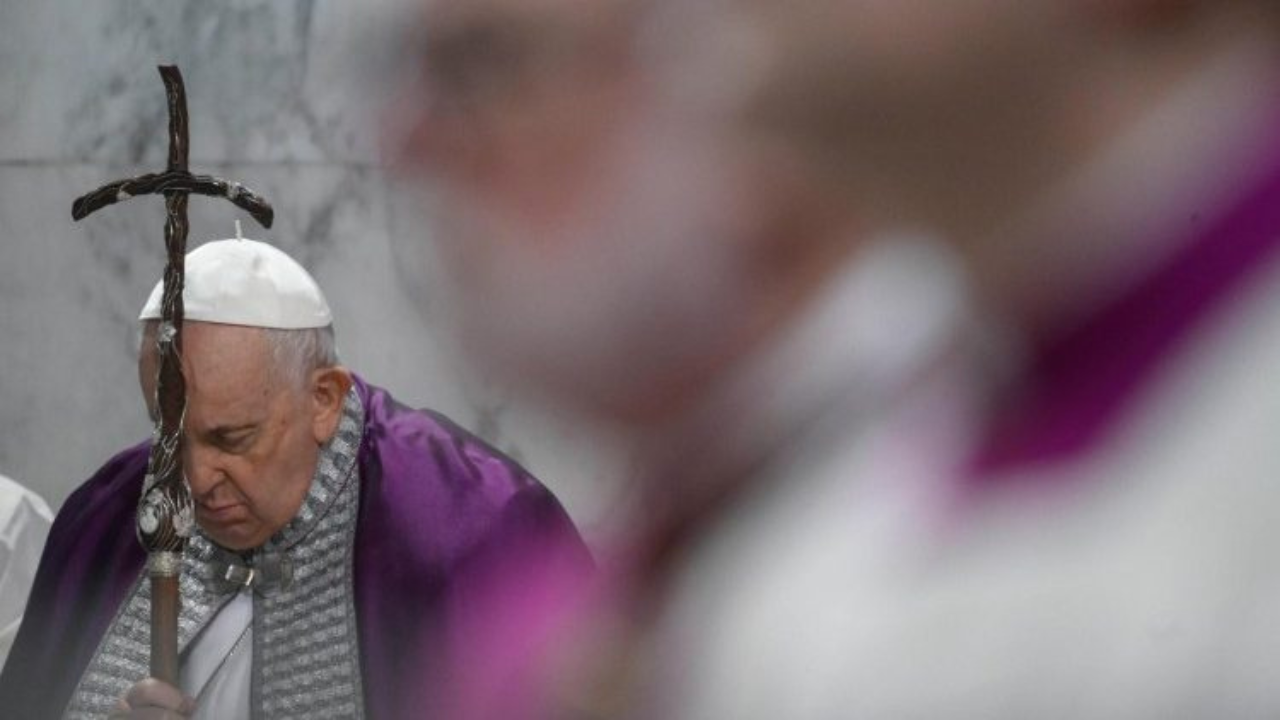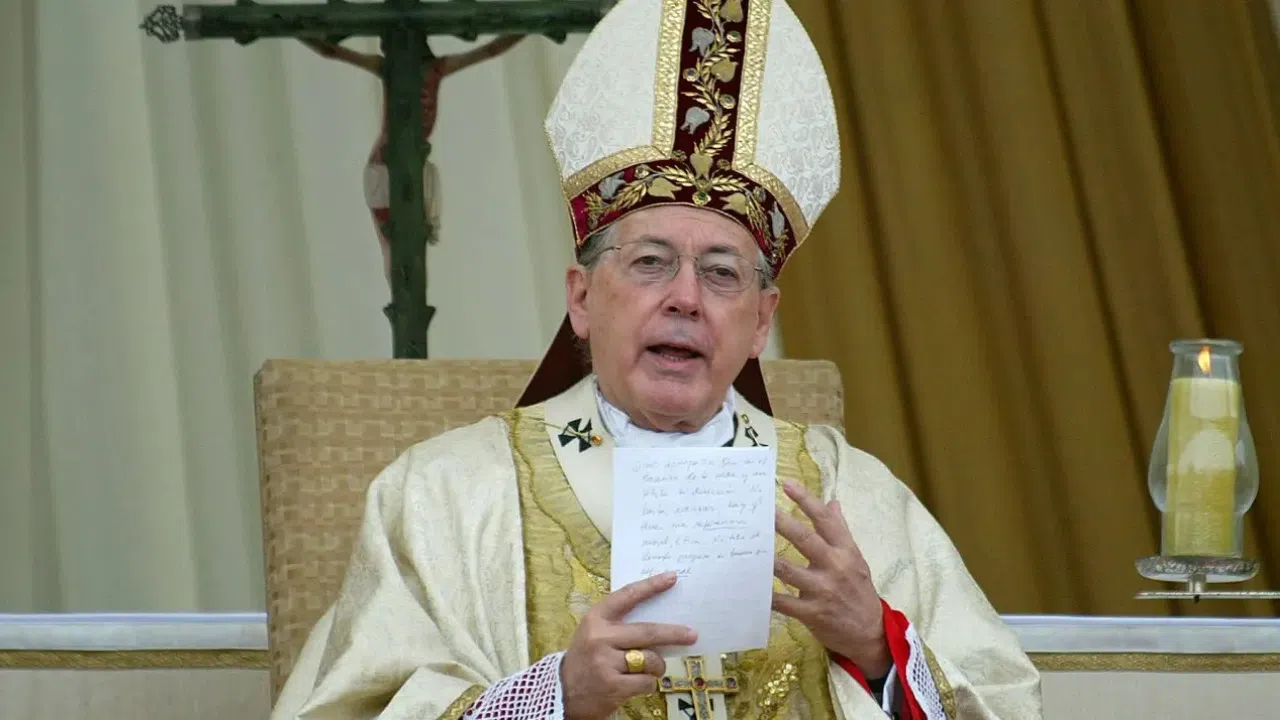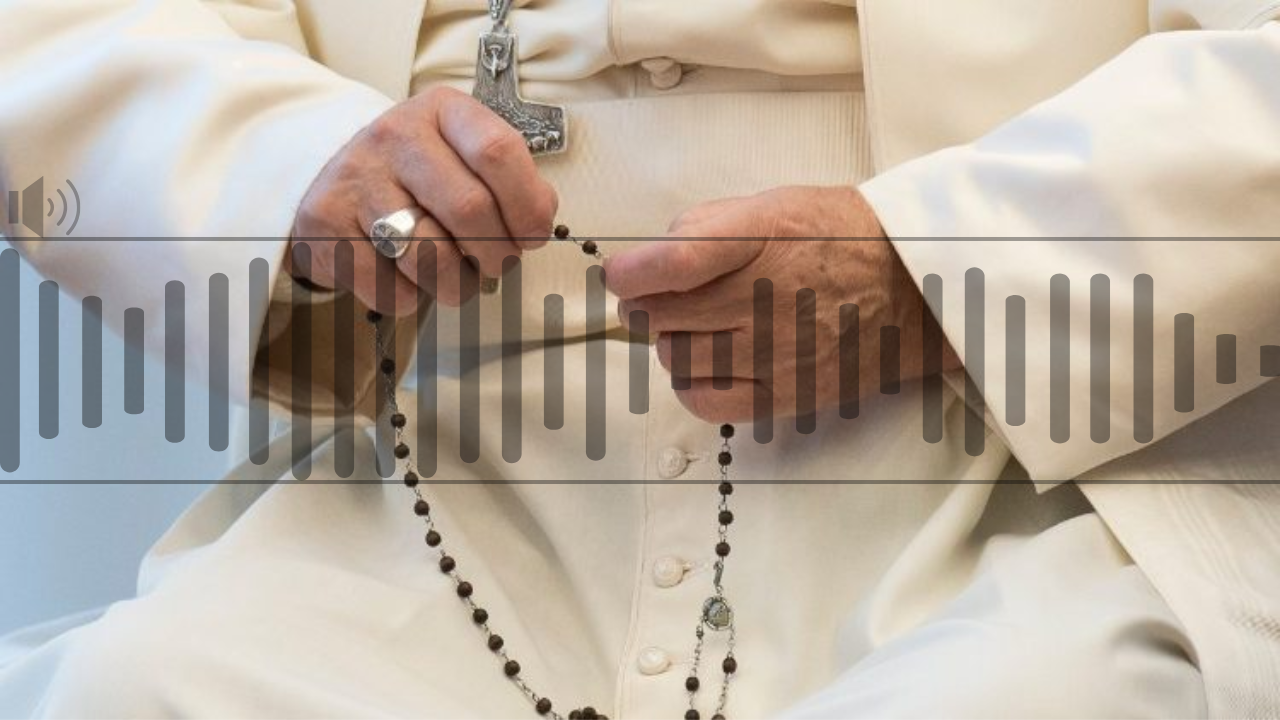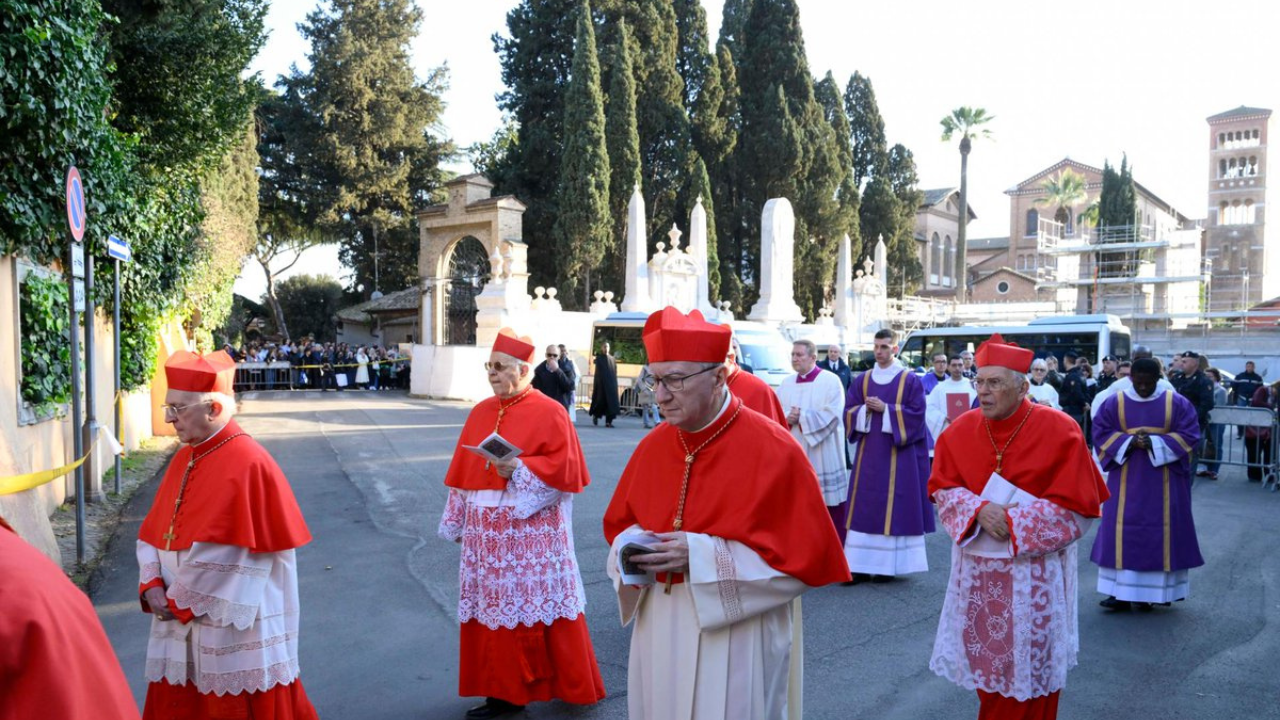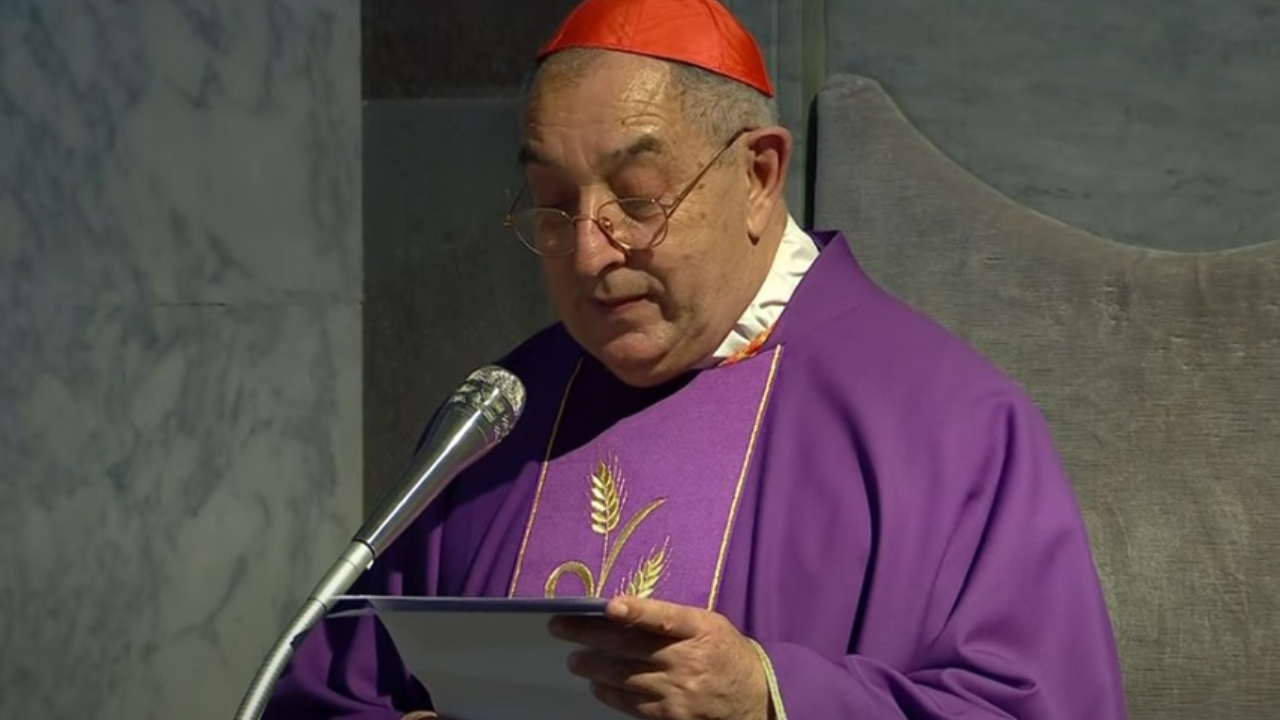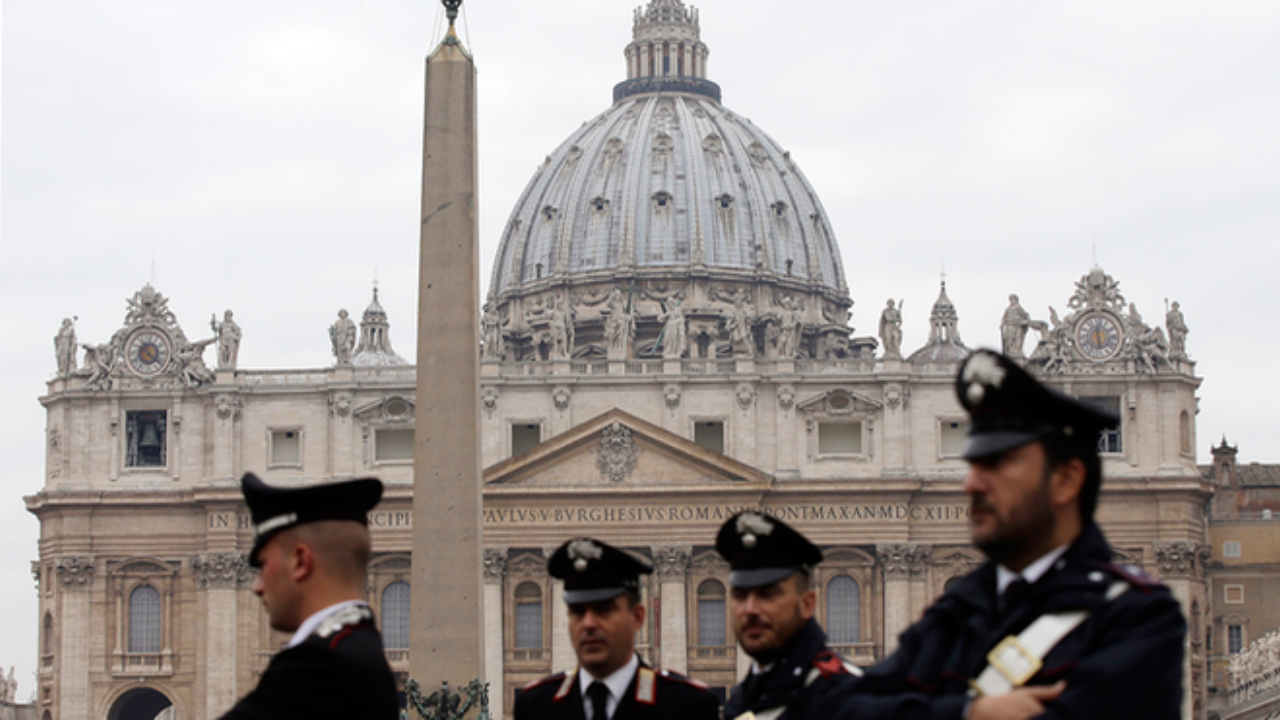The Vatican reiterates that the seal of confession is inviolable. It was written in a new document of the Apostolic Penitentiary. It says a law seeking to “force the inviolability of the sacramental seal would constitute an unacceptable offense” against the Church's freedom. It would also violate religious freedom and conscience, both of the confessor and of the penitent.
The Vatican objects to legislative proposals such as the bill that is being processed in Chile and Australia's Royal Commission recommendation. They want to break the sacramental seal in cases of sexual abuse in order to share information of alleged pedophiles.
For this reason, this document insists there is no exception when the sacramental seal can be violated, neither in the ecclesial context, nor in the civil context.
The Vatican also says “in the face of sins which constitute a crime, it is never permitted to oblige the penitent, as a condition for absolution, to surrender him or herself to civil justice.” It is a juridical principle according to which no one is obliged to acknowledge his or her guilt. For the penitent “must be certain at all times that dialogue within the sacrament will remain in the secret of confession, between his or her own conscience which is open to the grace of God and the necessary mediation of the priest.”
The Vatican's explanatory note also refers to the victims. In case the penitent is the one who has been abused, the confessor “has to explain of his or her rights, as well as the concrete juridical instruments to denounce the act civilly and/or ecclesiastically, and to demand justice.”
The Apostolic Penitentiary's document acknowledges the secret of confession is not always understood by “the modern mentality.” However, it insists that “the sacramental seal is indispensable and no human power has jurisdiction over it, nor can lay any claim to it.”

